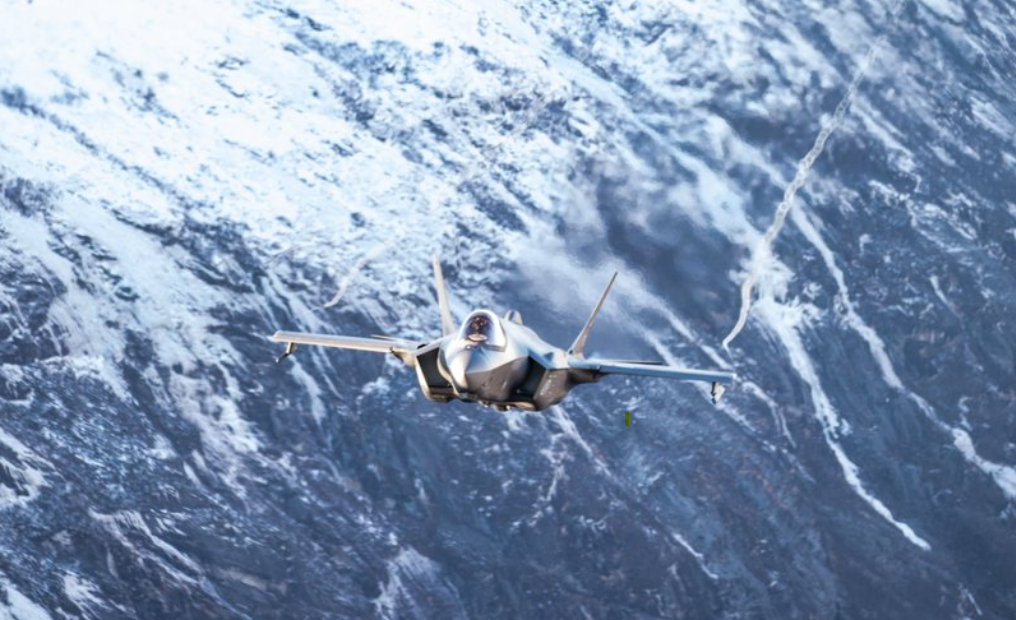With tensions between the U.S. and Canada rising under President Donald Trump, Canada may reconsider its $14 billion purchase of American-made F-35 fighter jets. European defense manufacturers are positioning themselves as potential beneficiaries.
Others are reading now
Since returning to office on January 20, 2025, Donald Trump has reignited controversy with statements and policies that could affect U.S. defense contracts abroad.
One of the key areas of concern is Canada’s potential decision to cancel its planned procurement of Lockheed Martin’s F-35 fighter jets.
According to Portal Obronny, Trump’s rhetoric and economic pressures on Canada could push the country to explore European alternatives.
Trump’s Provocative Stance
Even before his inauguration, Trump stirred tensions by implying that Canada was overly dependent on U.S. defense spending.
Also read
In one provocative comment, he suggested that Canada should become the 51st state, stating, “We spend hundreds of billions each year protecting Canada. Why are we losing at least $200 billion annually on this?”
In addition to such remarks, Trump has proposed imposing high tariffs on Canadian goods.
These measures have strained the U.S.-Canada relationship, prompting speculation about whether Canada might retaliate by shifting key defense contracts to European manufacturers.
European Defense Industry Gains Momentum
If Canada cancels the F-35 deal, it could turn to the Future Combat Air System (FCAS), a European joint fighter project led by France, Germany, and Spain.
The FCAS initiative, which focuses on cutting-edge, multi-role combat aircraft, has gained traction in recent years as a strategic alternative to U.S.-made jets.
European defense firms, particularly those involved in FCAS and the Eurofighter Typhoon program, see Canada’s growing frustration with U.S. policies as a potential opportunity.
Losing the $14 billion F-35 contract would be a significant blow to Lockheed Martin but a major win for European defense manufacturers seeking to expand their market share in North America.
Broader Implications for U.S. Defense Exports
The dispute with Canada highlights broader challenges facing the U.S. defense industry under Trump’s leadership.
His isolationist policies and combative diplomacy may weaken long-standing defense partnerships, giving competitors in Europe and Asia a chance to capitalize on strained relationships.
For now, Canada has not officially announced any changes to its defense procurement plans.
However, as tensions escalate, both U.S. and European stakeholders are watching closely for signs of a shift that could reshape global defense alliances and trade.







